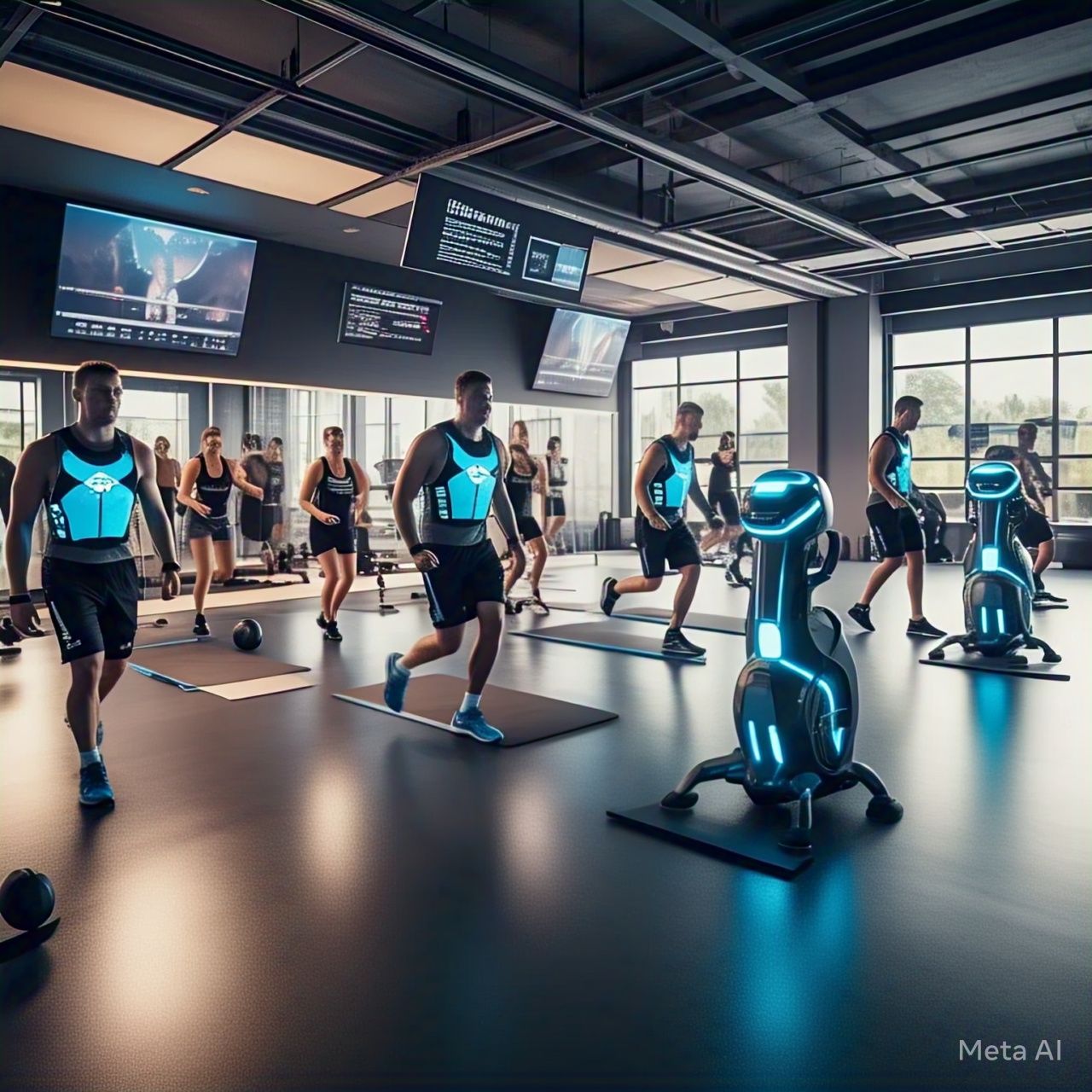Breadcrumbs: Home > Healthcare > AI in Dentistry: Smarter Diagnosis and Treatment Plans
Table of Contents
- Introduction
- Role of AI in Dentistry
- AI-Powered Diagnosis
- AI in Treatment Planning
- AI and Predictive Analytics in Dentistry
- Benefits of AI in Dental Healthcare
- Challenges and Limitations of AI in Dentistry
- Future of AI in Dentistry
- FAQs
- Conclusion
Introduction
The dental industry has seen remarkable technological advancements in recent years, and Artificial Intelligence (AI) is one of the most revolutionary developments. AI is transforming how dentists diagnose and treat patients, making processes more efficient and accurate.
Role of AI in Dentistry
AI is playing a crucial role in modern dentistry by assisting in:
- Automated diagnosis through image recognition
- Treatment planning with predictive analytics
- Personalized patient care
- Enhanced efficiency in dental practices
AI-Powered Diagnosis
AI-powered tools can analyze X-rays, 3D scans, and patient records to detect oral diseases early. Some key advancements include:
| AI Tool | Function |
|---|---|
| Deep Learning Models | Identify cavities, infections, and gum diseases |
| Computer Vision | Analyzes dental X-rays for abnormalities |
| AI Chatbots | Provide quick diagnosis based on symptoms |
By using AI, dentists can reduce human errors and improve diagnostic accuracy.
AI in Treatment Planning
AI helps in customizing treatment plans by:
- Analyzing patient history and current dental condition
- Suggesting optimal treatment procedures
- Enhancing precision in cosmetic and reconstructive dentistry
For example, AI-driven orthodontic treatment creates accurate aligners for patients without the need for multiple adjustments.
AI and Predictive Analytics in Dentistry
Predictive analytics, powered by AI, can:
- Forecast potential oral health issues
- Recommend preventive measures
- Reduce long-term treatment costs
AI can predict gum diseases based on early symptoms, helping patients take preventive action before conditions worsen.
Benefits of AI in Dental Healthcare
1. Enhanced Accuracy
AI-driven imaging reduces the chances of misdiagnosis.
2. Improved Patient Experience
AI chatbots provide instant answers, reducing patient anxiety.
3. Cost-Effectiveness
AI optimizes dental procedures, reducing unnecessary expenses.
4. Faster Processing Time
AI enables real-time diagnosis, accelerating treatment plans.
Challenges and Limitations of AI in Dentistry
Despite its benefits, AI in dentistry faces some challenges:
- High implementation costs
- Data privacy concerns
- Need for extensive training among dental professionals
- Potential errors due to reliance on machine learning algorithms
Future of AI in Dentistry
The future of AI in dentistry looks promising with:
- AI-driven robotic dental surgeries
- More accurate 3D dental reconstructions
- Integration of AI with virtual reality for better treatment simulations
FAQs
1. Can AI completely replace dentists?
No, AI enhances dental procedures but cannot replace human expertise.
2. Is AI in dentistry expensive?
Initially, AI implementation costs can be high, but long-term benefits outweigh expenses.
3. How does AI improve dental imaging?
AI uses deep learning to detect oral issues in X-rays and scans with high accuracy.
4. Are AI-powered dental treatments safe?
Yes, AI enhances precision and reduces human errors in dental treatments.
5. What is the future of AI in dentistry?
AI will continue evolving, offering smarter diagnostic tools, robotic surgeries, and predictive analytics.
Conclusion
AI in dentistry is transforming the industry, making diagnosis and treatment more accurate and efficient. While challenges exist, AI’s potential to revolutionize oral healthcare is undeniable.
Search Links:
AI-driven dentistry is the future. Embracing these technologies will improve dental care worldwide! 🦷✨




